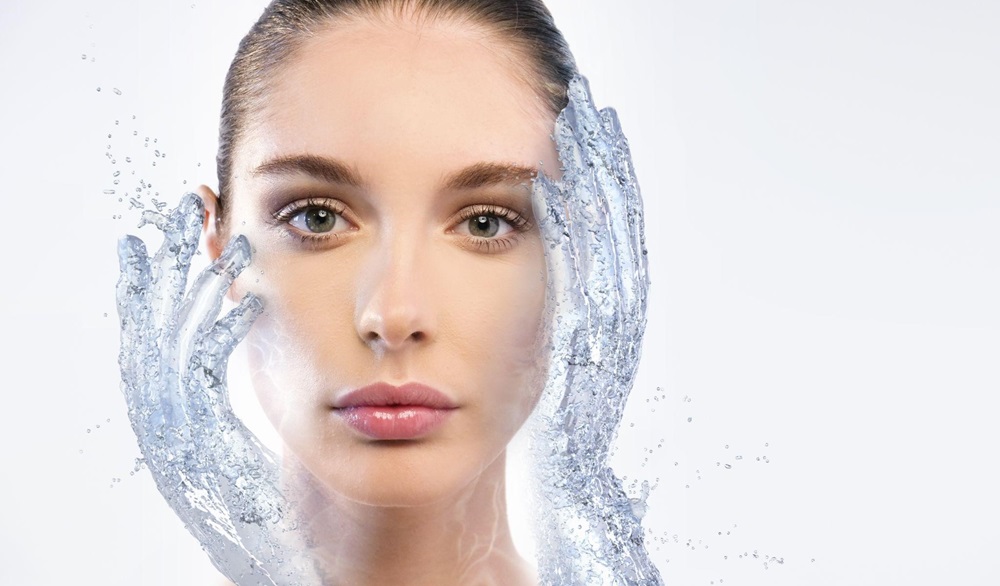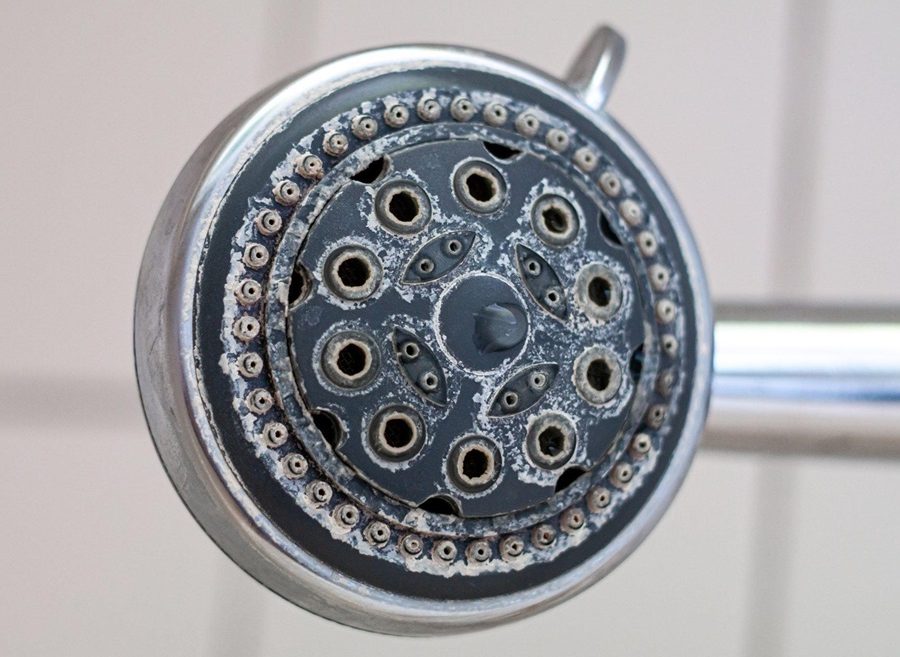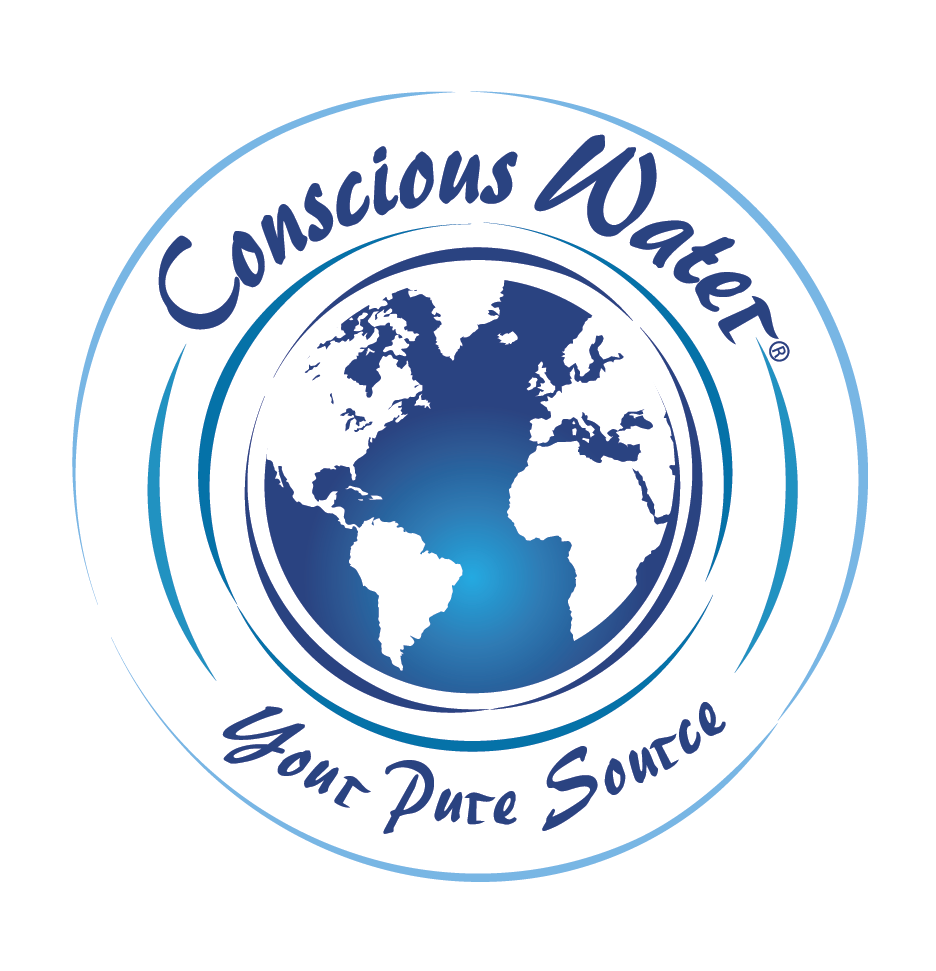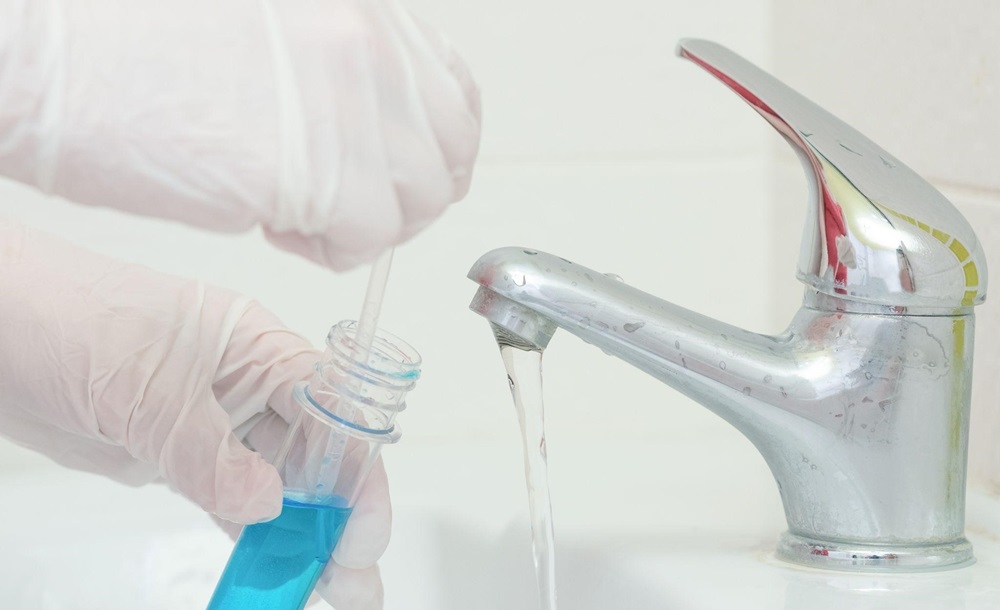Do you suffer from dry, itchy skin? Does your laundry look discoloured with mineral stains, or are your dishes left with spots after washing? Maybe you notice mineral buildups in your pipes. These are all issues associated with water hardness, but is hard water only bad?
Softened water is more gentle on your skin and won’t leave hard water stains or residue on your dishes or clothing. However, it has some disadvantages, just like hard water.
The question is, what are these two types of water, where can you find them, and which is best for your home? Let’s get into the differences between hard water vs soft water.
What Is Hard Water?

Hard water is the most common form of water that comes from your tap at home. This water is full of heavy metal contaminants that can cause issues for your skin, health, and pipes. However, it can offer a few benefits, such as drinking water.
Hard Water Examples
- The majority of public water supplies
- The majority of well water supplies
- Spring water
- Mineral water
When you shower, your skin comes into direct contact with hard water. The contaminants in these waters can cause you to become itchy and your skin to dry out. Why? Because the pH levels must be acidic for optimal hair and skin care. Since hard water is more alkaline due to the mineral deposits it contains, the outcome is the exact opposite of where you would like it to be.
Yet, when it comes to drinking water, most people prefer hard water’s taste over softened water. On top of that, there are possible health benefits to drinking hard water thanks to the mineral content.
What Is Soft Water?

Soft water does not naturally come straight from the tap. To get soft water, you will have to have a water softener filtration system. A water softener system can be used house-wide or installed directly into a tap or shower head.
As tap water moves along the pipes, it passes through a filter set in the tap shower head, which traps hard contaminants and metals, creating softer water for a more comfortable wash.
Soft Water Examples
- Distilled water
- Rain
- Deionized water
- Snow
- Reverse osmosis water
Most people agree that soft water tastes bland and isn’t as appealing to drink as hard water. Soft water also lacks the nutrients provided by hard water, making it not as healthy of an option.
On the other hand, soft water is perfect for showers and makes it easier to suds up since soap lathers and dissolves better. Washing clothes is also easier when using soft water since it won’t discolour the fabric or leave nasty residue behind.
Removing hard metals and various contaminants will make your skin and hair feel smoother and softer. You might even notice you are saving on lotion since your skin won’t be nearly as dry or irritated.
How to Tell if You Have Hard or Soft Water
The only real difference between hard and soft water is the amount of calcium and magnesium ions the source has.
The higher the levels of these two dissolved minerals in the water, the harder the water will be. This can be measured by parts per million (ppm) for magnesium and calcium ions.
- Soft water – Less than 17 ppm of calcium and magnesium ions
- Slightly hard water – 17-60 ppm of calcium and magnesium ions
- Moderately hard water – 60-120 ppm of calcium and magnesium ions
- Hard water – 120-180 ppm of calcium and magnesium ions
- Very hard water – Greater than 180 ppm of calcium and magnesium ions
While calcium and magnesium play the most prominent role in the mineral content that makes hard water, other heavy metals and contaminants, like magnesium sulphate, calcium hydroxide, magnesium chloride, and a few others, contribute to it.
You can determine if your water is hard or soft in various ways.
- Purchase a kit from your local hardware or home improvement store. These kits are simple to use to test for hardness minerals; you just dip a test strip into your water and then match the colour that appears on the water hardness scale on the kit.
- Check the public water report if you are using a public water supply. The utilities report will tell you how hard the water is and the contaminants that are present.
- Take a shower. Most people notice that hard water makes it much easier to rinse soap off their bodies, yet the soap doesn’t lather up very well. Also, hard water makes your skin feel irritated, itchy, and dry once you dry off.
It isn’t hard to tell if you have hard water. When it comes to bathing, most people prefer soft water.
Water Filter Systems for Soft Water

If the adverse effects of hard water are becoming too much to take, then you need a high-quality water softening system to manage water hardness.
The ProOne ProMax shower filter is one of the best-performing shower filters out there, giving you soft water for months before the cartridge needs to be replaced. These water-softening filters go directly inside the shower head, and the unique filtration system does the rest.
You will know it is time to change the filter when the water pressure declines. As the filter begins filling with contaminants, it becomes less effective, and you will start noticing hard-water effects. Filters should be changed every six months on average, but this can vary depending on how much use they get.
Final Thoughts on Hard Water Vs. Soft Water
Both types of water have their own sets of advantages and disadvantages. However, when it comes to feeling clean, fresh, and itch-free, there is no comparison; there is no room in the shower for hard water.
If you are in the market for a high-quality, well-built, long-lasting soft water filtration system for your home, shop Berkey Water Filters today. You can visit our site to view our products or feel free to call or email us for more information.


